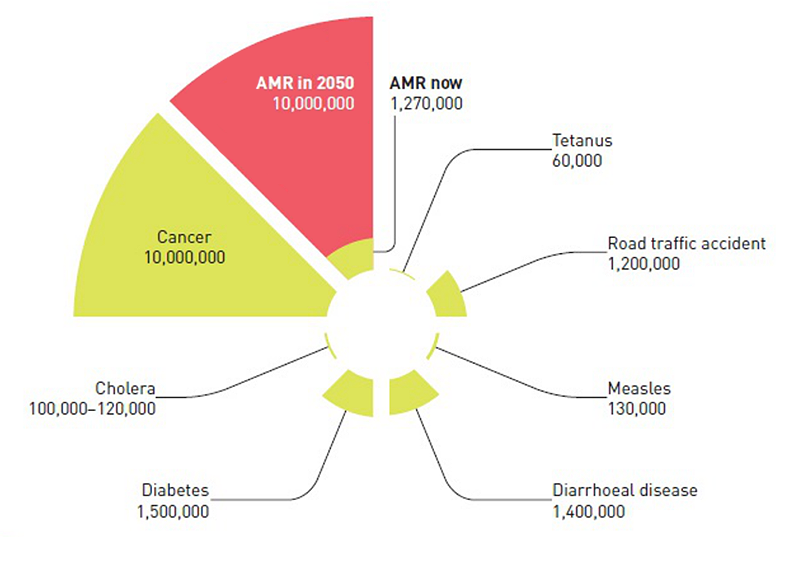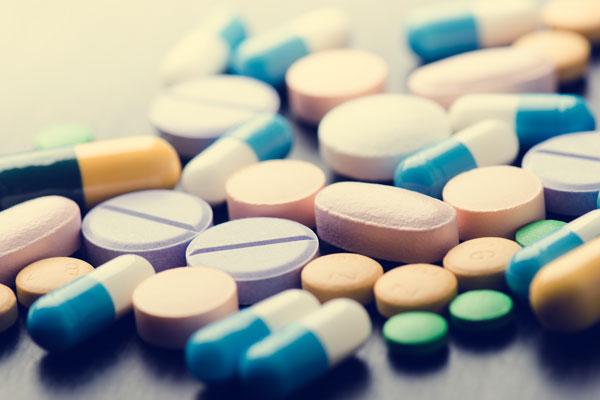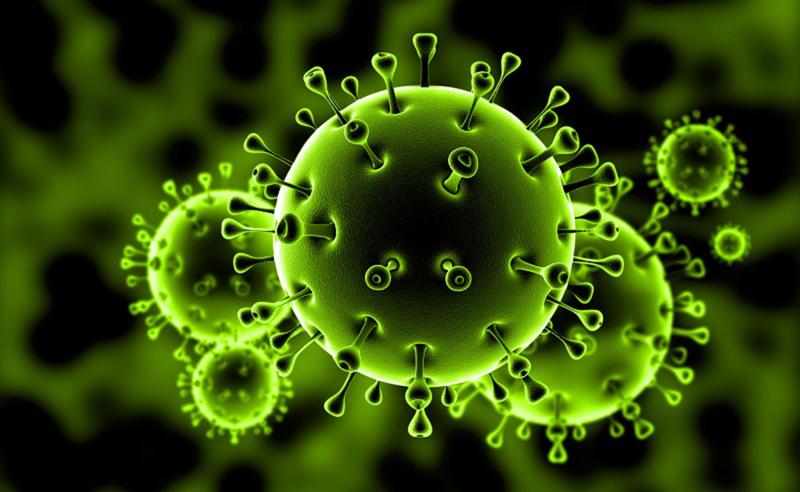Antimicrobial Stewardship Program
The Antimicrobial Stewardship Program helps to make sure that patients get the right antibiotics when they need them. Antibiotics are a precious resource that we must use wisely to ensure future generations have access to these life-saving medications. Unfortunately, up to 50% of antibiotic use has been shown to be inappropriate or unnecessary. This means that up to half of the antibiotics that are given to patients aren’t even doing what they were meant to do: treat a bacterial infection. When we use antibiotics inappropriately, we also see a rise in antibiotic resistance (see below) and other types of infections (e.g., Clostridioides difficile), people stay in the hospital longer when they have a bacterial infection, and more people die.
The Antimicrobial Stewardship Program is made up of a team of health-care workers, researchers, data analysts, and administrators whose role in the Saskatchewan Health Authority is to promote the appropriate use of antimicrobials (i.e., antibiotic, antifungal, and antiviral medications). We do this through education, research, and direct interactions with patients and other health-care workers.
UHN Patient Education Video – Why is Antimicrobial Stewardship Important?
Antibiotics are used to treat bacterial infections. However, bacteria can develop ways to resist the killing effects of antibiotics; this is called antibiotic resistance. In other words, over time, antibiotics become less effective at killing certain bacteria. These antibiotic resistant infections already kill more than 1,200,000 people around the world every year. If we don’t start using our antibiotics more appropriately, this number could rise to more than 10,000,000 deaths per year due to antibiotic resistant infections by the year 2050.
What can I do?
Ask Questions
Talk to your health-care provider about your symptoms and whether or not you need an antibiotic. Antibiotics are not effective in treating viral infections like colds and the flu.
Don't Share
Return your extra antibiotics to a pharmacy for disposal; do not flush them down a toilet or put them down a drain. Do not share old prescriptions with others and always seek advice from a health-care provider before starting antibiotics.
Wash Your Hands
Preventing yourself from getting an infection is the best way to avoid the need for antibiotics.
You can find more information about proper hand washing technique on the Hand Hygiene Information page.
Get Vaccinated
Talk to your health-care provider about the annual flu shot and other vaccines to prevent yourself from getting sick.








